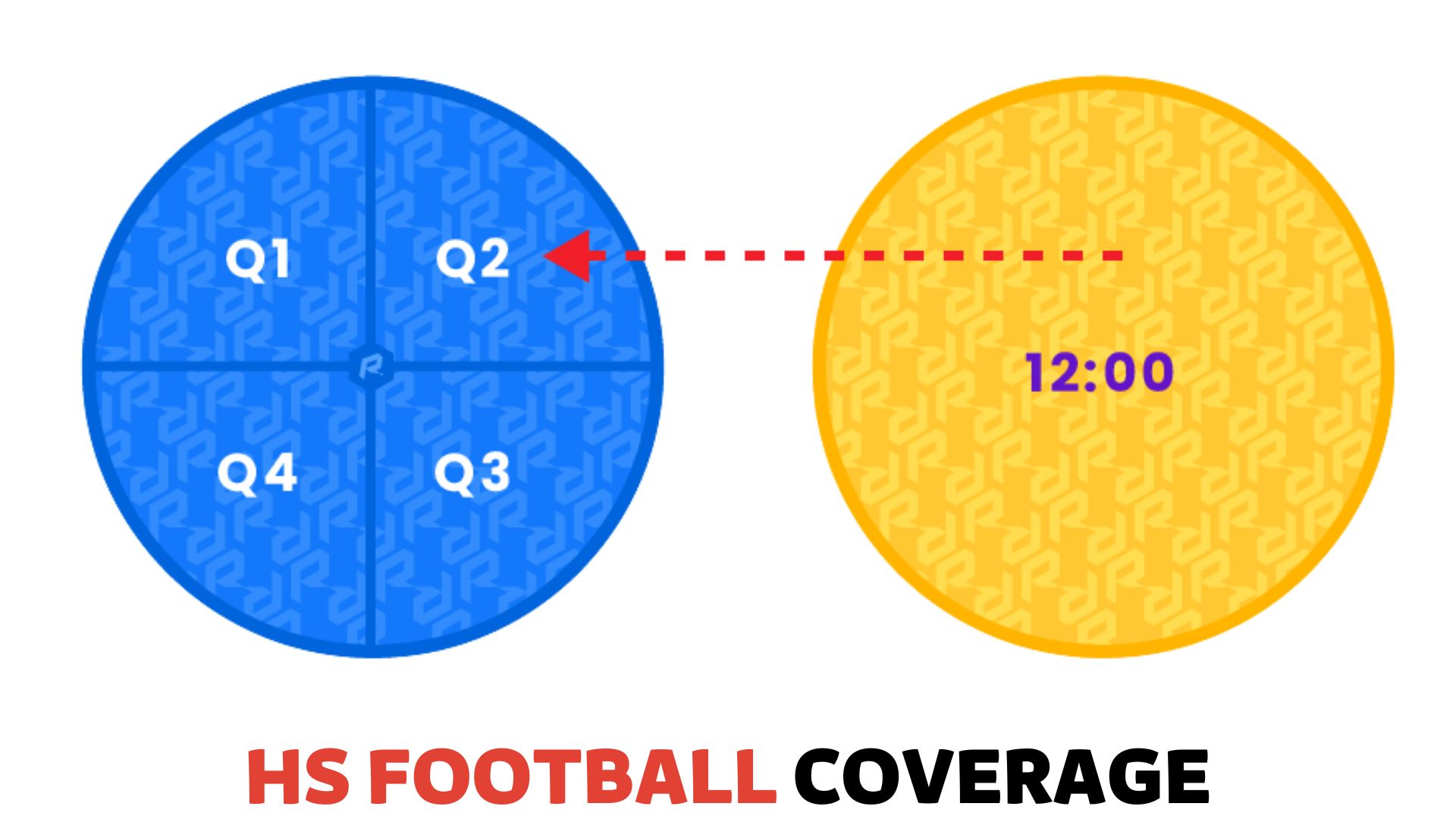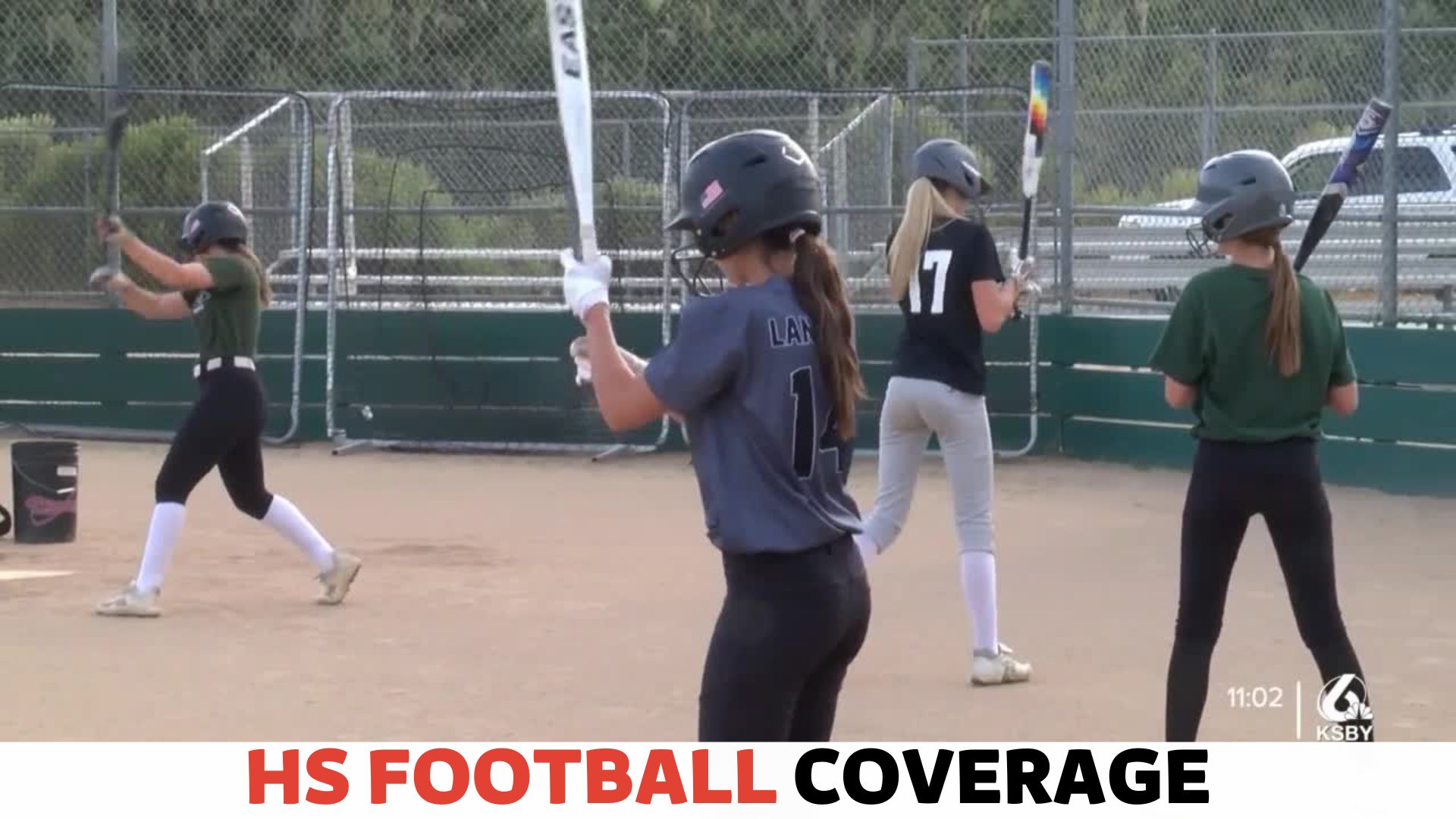
High school baseball games typically last around two to three hours, depending on various factors. The duration of a game can be influenced by factors such as the level of competition, weather conditions, the skill of the players, and the number of innings played.
High school baseball games are structured to fit within a specific time frame to ensure efficient gameplay and prevent delays. Players and coaches are required to follow specific rules and regulations to maintain the pace of the game.
The duration of a high school baseball game can also be influenced by the style of play, with some teams employing a more aggressive and fast-paced approach while others focus on strategic gameplay.
Factors Affecting the Duration of High School Baseball Games
Several factors come into play when it comes to the duration of high school baseball games. Understanding these factors can help us better comprehend why some games are longer than others. This section will delve into the different elements that affect the length of high school baseball games.
Game Rules and Regulations
One significant factor that influences the duration of high school baseball games is the game rules and regulations. The rules set by the governing body determine the game’s length and define certain aspects, such as the number and duration of each inning.
Number of Innings
Another crucial factor that affects the length of high school baseball games is the number of innings played. In high school baseball, games typically consist of seven or nine innings, depending on the league or regional regulations. Naturally, a game with nine innings would take longer to complete than a game with only seven.
Gameplay Pace
The gameplay pace significantly contributes to the duration of high school baseball games. The speed at which both teams play, including the time taken between pitches, transition between innings, and mound visits, can significantly impact the game’s overall length.
The game will likely be shorter if the teams exhibit a fast-paced gameplay style with minimal delays. On the other hand, if the players take their time between pitches or there are frequent interruptions or discussions on the mound, the game may stretch out.
Skill Level of Players
The skill level of the players also plays a role in the duration of high school baseball games. If the players are highly skilled and experienced, they tend to execute plays more quickly and efficiently, leading to a shorter game duration.
Conversely, if the players are less experienced or struggle with various aspects of the game, the game may take longer as more time is required for plays to develop.
It’s important to remember that the above factors are not isolated; they often interconnect and influence each other. For instance, stricter game rules may contribute to a faster gameplay pace and vice versa.
Average Duration of High School Baseball Games

When it comes to high school baseball games, one common question that often crops up is: how long do these games typically last? The average duration of high school baseball games can vary considerably, influenced by factors such as regional variations, statistics and trends, and even comparison with other levels of baseball.
Statistics and Trends
Recent statistics and trends show that the average duration of high school baseball games hovers around two to three hours. However, it’s important to note that this is a rough estimate and can vary depending on several factors, such as the skill level of the teams, the competitiveness of the game, and even weather conditions.
On average, high school baseball games consist of seven innings, each lasting approximately 20 minutes. This includes time for pitching changes, offensive and defensive plays, and various game-related activities.
Regional Variations
Regional variations also play a role in determining the duration of high school baseball games. Games may be slightly shorter or longer in certain areas due to differing traditions, weather conditions, or even the resources available to the teams.
For example, in some regions where baseball is more popular, games may be more elaborate and include additional pre-game rituals or ceremonies, ultimately extending the duration of the overall event.
Comparison With Other Levels of Baseball
When comparing high school baseball games to other levels of baseball, such as college or professional leagues, there are noticeable differences in duration.
High school games tend to be shorter due to various factors, including player skill level, rules and regulations, and overall game pace.
In comparison, college and professional baseball games can often last longer, sometimes exceeding three hours or more, as they involve higher levels of competition, more complex strategies, and increased media coverage.
In conclusion, the average duration of high school baseball games typically falls within the two to three-hour range. However, this can vary depending on regional variations, statistics, and trends, and even when compared to other levels of baseball.
Strategies to Shorten High School Baseball Games
High school baseball games often span several hours, but with strategic planning and effective communication, it is possible to shorten the duration of these games. Coaches, players, and umpires can contribute to a more streamlined and efficient game by employing specific strategies.
In this article, we will explore various approaches to shorten high school baseball games, focusing on player and coach communication, efficient time management, game play strategies, and considerations for umpires.
Player and Coach Communication
To ensure a smooth and timely progression of the game, it is crucial for players and coaches to maintain effective communication on the field. By implementing the following strategies, teams can minimize unnecessary delays:
- Establish clear signals and signs: Coaches should work with their players to establish a set of clear and concise signals that can be easily understood on the field. This will reduce the time spent on verbal communication and enable faster decision-making during the game.
- Encourage efficient infield and outfield communication: Players should be encouraged to communicate efficiently in and outfield. The game can progress smoothly with minimal delays by alerting each other to potential plays or directing teammates to the correct base.
- Promote effective base running communication: Base runners should communicate their intentions loudly and clearly to avoid unnecessary hesitation or confusion. Clear verbal signals allow the game to flow smoothly and minimize delays.
Efficient Time Management
Efficient time management is essential to shorten high school baseball games. By implementing the following strategies, teams can keep the game moving and reduce overall playing time:
- Limit warm-up and transition time: Designate specific time limits for warm-ups, pitching changes, and other transitions between innings. Keeping these intervals brief and structured allows the game to progress without delays.
- Encourage promptness and readiness: Players should be encouraged to be ready and prepared for their turn at bat or on the field. This includes being in the correct position and having all necessary equipment when it is their time to act.
- Enforce prompt pitching: Pitchers should be prepared to deliver the pitch promptly after receiving the ball. Delays caused by overly prolonged wind-ups or excessive pitching rituals can be minimized by enforcing a prompt pitching routine.
Game Play Strategies
Implementing certain game play strategies can help expedite the pace of high school baseball games. The following approaches can contribute to shorter game times:
- Encourage aggressive base running: Coaches should emphasize the importance of efficient base running techniques to players. Teams can speed up the game’s overall pace by promoting aggressive base running and discouraging unnecessary hesitations.
- Promote a quick infield release: Infielders should aim to release the ball quickly and accurately when making a play. The game can progress smoothly by minimizing unnecessary delays in throwing or holding onto the ball.
- Discourage excessive timeouts: Coaches should discourage players from calling excessive timeouts or unnecessary meetings on the field. This will help maintain the momentum of the game and prevent unnecessary delays.
Umpire Considerations
Umpires play a significant role in the overall pace and efficiency of a high school baseball game. Taking the following considerations into account can help reduce game duration:
- Enforce promptness in calling pitches: Umpires should strive to call pitches promptly and decisively, minimizing delays caused by extended deliberation.
- Limit discussions with players and coaches: While necessary discussions may arise during the game, umpires should be mindful of the time spent engaged in these conversations. Keeping them concise and efficient will contribute to shorter game durations.
- Encourage an efficient game flow: Umpires should encourage a smooth flow of the game by promptly addressing any disputes or issues that arise. By maintaining control and facilitating efficient gameplay, umpires can contribute to shorter high school baseball games.
Impact of Weather Conditions on High School Baseball Game Duration
Weather conditions play a significant role in determining the duration of high school baseball games. Rain, wind, and high temperatures can cause delays, interruptions, or cancellations, affecting the game’s overall length.
When it comes to high school baseball games, the duration can vary depending on several factors. One such factor is the weather conditions. The weather has a significant impact on how long a baseball game lasts.
In this blog post, we will explore the influence of weather conditions on the duration of high school baseball games, focusing on outdoor versus indoor games, rain delays and suspensions, and extreme temperatures.
Outdoor vs Indoor Games
The type of venue, whether outdoors or indoors, plays a crucial role in determining the duration of a high school baseball game. Outdoor games are subject to the whims of Mother Nature and can be influenced by various weather conditions.
On the other hand, indoor games are not affected by adverse weather conditions, resulting in more predictable game durations.
Rain Delays and Suspensions
Rain is a common weather challenge that can significantly impact the duration of a high school baseball game. Games are often delayed or suspended when it rains to ensure the players’ safety and maintain the field’s integrity.
These delays can range from a few minutes to several hours, depending on the severity of the weather. Once the rain stops and the field is deemed playable, the game resumes, often resulting in an extended duration.
Extreme Temperatures
Extreme temperatures, whether too hot or too cold, can also affect the length of high school baseball games. In hot weather conditions, players may require more frequent breaks to rest and hydrate, resulting in longer game durations.
Similarly, players may need additional time to warm up and prevent injuries in cold weather, contributing to extended game durations.
To summarize, weather conditions considerably impact the duration of high school baseball games. Outdoor games are more susceptible to weather challenges, while indoor games provide a more stable environment.
Rain delays and suspensions can significantly prolong game durations, while extreme temperatures can also impact the game’s length. Understanding these factors can help players, coaches, and spectators prepare for potential game delays and adapt their strategies accordingly.
Outdoor vs Indoor Games
In high school baseball, the venue where the game is played can dictate how long it lasts. Outdoor games are prone to weather conditions, leading to potentially longer game durations. Indoor games, however, provide a controlled environment, resulting in more predictable game lengths.
Rain Delays and Suspensions
Rain is a common challenge faced in high school baseball games. Games are often delayed or suspended when it rains until the weather improves. These interruptions can vary in duration, leading to extended game times once play resumes.
Extreme Temperatures
Extreme temperatures, whether hot or cold, can impact the duration of high school baseball games. In hot weather, players require more breaks to rest and hydrate, prolonging the game. Cold weather may also necessitate additional time for players to warm up, leading to extended game lengths.
Tips for Enjoying and Making the Most of High School Baseball Games
Welcome to the exciting world of high school baseball games! Whether you’re a passionate fan, a supportive parent, or simply looking for a fun afternoon, attending these games can be a thrilling experience.
We’ve put together some valuable tips to help you enjoy and make the most of your time at high school baseball games. From understanding the game to supporting the players and teams and even getting involved in the community, these tips will ensure a memorable and enjoyable time at the ballpark.
Spectator Etiquette
When attending a high school baseball game, being mindful of spectator etiquette is important. Follow these guidelines to ensure a positive experience for everyone:
- Remain respectful and courteous to both teams, players, and officials.
- Avoid using profanities or engaging in negative behavior.
- Refrain from interfering with the game or distracting the players.
- Stay seated in designated areas and only enter the field when necessary.
- Be attentive during the game and avoid excessive conversations or phone usage.
Understanding the Game
To fully appreciate the excitement on the field, it helps to have a basic understanding of the game. Consider these points:
- Familiarize yourself with the rules and terminology of baseball.
- Pay attention to the players’ positions, strategies, and techniques.
- Monitor each player’s score, count, and actions during the game.
- Take note of the different plays, such as stolen bases, strikeouts, and home runs.
Supporting the Players and Teams
Show your support and enthusiasm for the players and teams at high school baseball games:
- Cheer and clap for good plays and exceptional performances.
- Respect the efforts of both teams and encourage regardless of the outcome.
- Consider wearing team colors or bringing signs to show your support.
- Get to know the players and their achievements, celebrating their successes.
Getting Involved in the Community
High school baseball games often provide an excellent opportunity to connect with the community and make lasting memories:
- Attend games regularly to build relationships with other fans and parents.
- Contribute to the positive atmosphere by volunteering at events or fundraisers.
- Share your experiences and photos on social media to generate support for the team.
- Participate in community initiatives that promote the development of youth sports.
Conclusion
The duration of high school baseball games can vary depending on various factors. From the length of the innings to the level of competition, these games typically last between 1. 5 to 3 hours.
Understanding game length factors can help players, coaches, and fans better plan and enjoy the experience.
So whether you’re a passionate baseball fan or simply curious about the duration of high school baseball games, it’s important to have realistic expectations and make the most of the time spent on the field.















